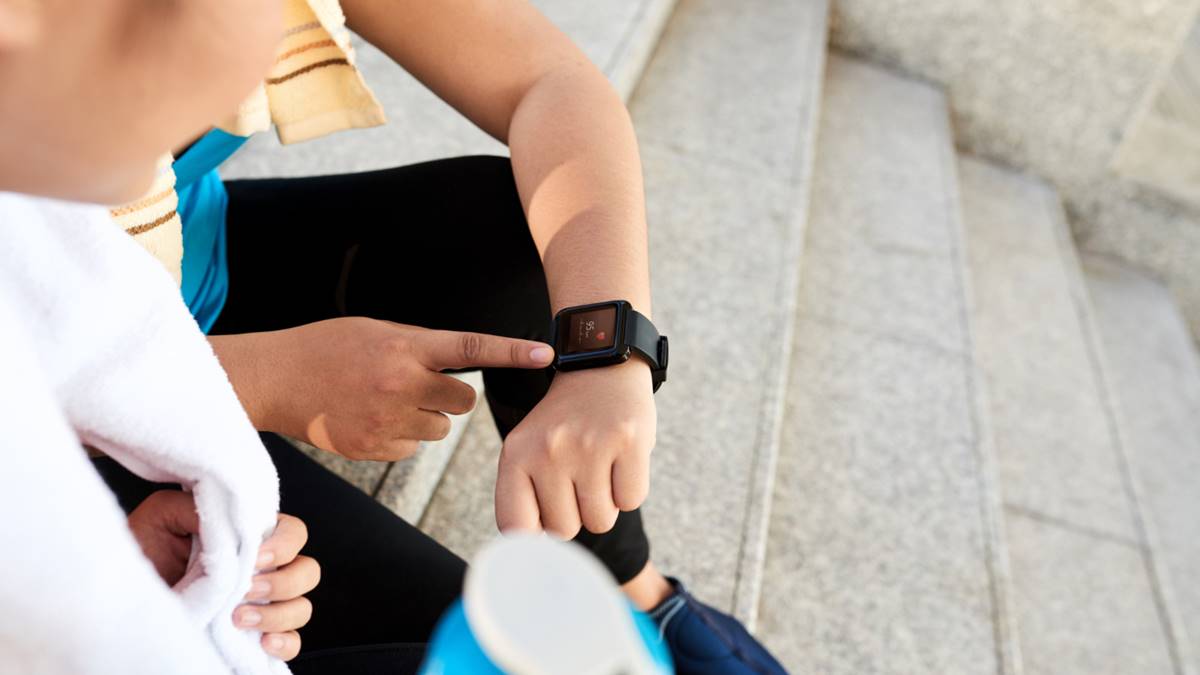In the age of wearable tech and smart homes, it’s no surprise that health-monitoring smart devices have become increasingly popular. From smartwatches that track your heart rate to digital thermometers and blood pressure monitors, today’s technology can do more than just notify you of messages — it can also help you stay healthy, detect problems early, and live more consciously.
Let’s take a closer look at the most useful smart health devices available today, what they can do for you, and how they’re transforming personal health monitoring from luxury to daily routine.
Why Are Smart Health Devices Becoming So Popular?
The growing interest in health-tech is driven by several factors:
-
Aging populations and the rise of chronic illnesses
-
Increased awareness of preventive health and wellness
-
Remote healthcare and telemedicine trends
-
Affordable and user-friendly devices
Whether you’re managing a medical condition or simply want to stay fit, smart devices offer convenience, real-time feedback, and motivation.
1. Smartwatches and Fitness Trackers: Beyond Step Counting
Today’s smartwatches go far beyond tracking steps. Many now include:
-
Heart rate monitoring
-
Sleep tracking and analysis
-
Blood oxygen (SpO₂) measurement
-
Stress level and recovery monitoring
-
ECG (electrocardiogram) features
Some devices, like the Apple Watch or Garmin Venu series, even offer fall detection or emergency SOS, making them especially valuable for older adults or those with health concerns.
Fitness trackers (like Fitbit or Xiaomi models) offer simpler functions but are great for encouraging daily movement and healthy habits.
2. Smart Blood Pressure Monitors: At-Home Cardiovascular Check
High blood pressure is often called the “silent killer” — because it rarely shows symptoms, yet increases the risk of heart attacks and strokes. A smart blood pressure monitor allows you to track your readings at home, with data automatically saved to your phone or synced to apps.
Benefits include:
-
Easy-to-read results
-
History tracking for your doctor
-
Alerts for irregular heartbeats
They’re especially useful for people with hypertension or those monitoring cardiovascular health.
3. Digital Thermometers: Fast, Accurate, and Connected
Gone are the days of waiting minutes for a mercury thermometer reading. Smart digital thermometers give accurate readings in seconds and can track temperature trends over time — especially helpful for parents monitoring a child’s fever or patients with chronic illness.
Many models now connect via Bluetooth or Wi-Fi, storing results in a mobile app for easier tracking.
4. Smart Body Scales: More Than Just Weight
Modern bathroom scales can now measure far more than body weight. These smart body composition scales offer insights into:
-
Body fat percentage
-
Muscle mass
-
Bone density
-
Hydration level
-
BMI (body mass index)
All results are synced to a smartphone app, allowing you to follow changes over time and better understand how diet or exercise affects your body — a useful tool for both fitness goals and long-term health monitoring.
5. Sleep and Breathing Monitors: A Better Night’s Rest
Sleep quality is critical to overall health — and now, smart sleep monitors can help identify potential sleep disorders, such as sleep apnea or poor oxygen levels during the night.
Some sleep trackers work through wearables (like rings or wristbands), while others are non-contact sensors placed under the mattress. Features may include:
-
Heart rate and respiration tracking
-
Movement and sleep cycle detection
-
Snoring analysis
-
Smart alarms based on your sleep stage
Monitoring your sleep over time can reveal patterns you weren’t aware of — and help you take steps to improve it.
6. Air Quality Monitors: Breathe Easier at Home
Indoor air pollution is a hidden health risk — especially for people with allergies, asthma, or other respiratory conditions. Smart air quality monitors measure:
-
Dust and particulate matter (PM2.5)
-
Humidity and temperature
-
VOCs (volatile organic compounds)
-
CO₂ levels
These devices help you maintain a healthy indoor environment — and often integrate with smart home systems (like air purifiers or HVAC controls) for automatic adjustments.
Are These Devices Reliable?
While many smart health devices provide useful and accurate data, they don’t replace professional medical diagnosis. However, they are excellent tools for:
-
Tracking trends
-
Providing early warnings
-
Encouraging healthy habits
-
Supporting remote consultations
Always consult your doctor if you notice abnormal results or persistent symptoms. Think of smart health devices as a supplement, not a substitute.
How to Choose the Right Device
With so many options available, consider the following before buying:
-
Your goals: Are you managing a condition or just tracking wellness?
-
Compatibility: Check if the device works with your phone and preferred health app.
-
Ease of use: Choose a device that fits your lifestyle and comfort level.
-
Accuracy and reviews: Look for products with medical certifications and good user feedback.
For people living with chronic conditions — or those caring for elderly relatives — these tools can be lifesaving. For others, they offer motivation and insight to make healthier daily choices.
Final Thoughts: Smart Health Starts at Home
Smart health devices are making it easier than ever to take control of your wellbeing — one data point at a time. Whether you’re focused on prevention, fitness, or managing an existing issue, these technologies offer a bridge between daily life and long-term health awareness.
With just a tap or glance at your phone, you can track your body’s signals, understand your habits, and even alert your doctor if something seems off. In a world where health is our greatest asset, these smart companions are proving to be more than just gadgets — they’re personal wellness tools.
